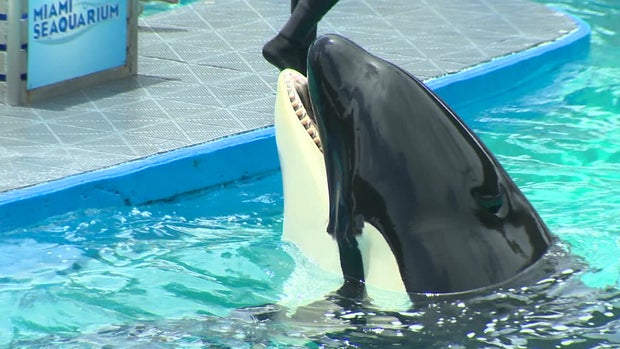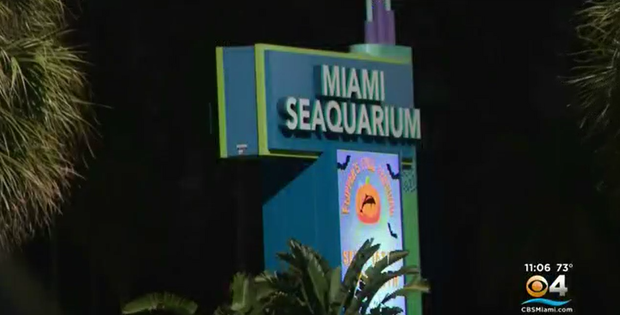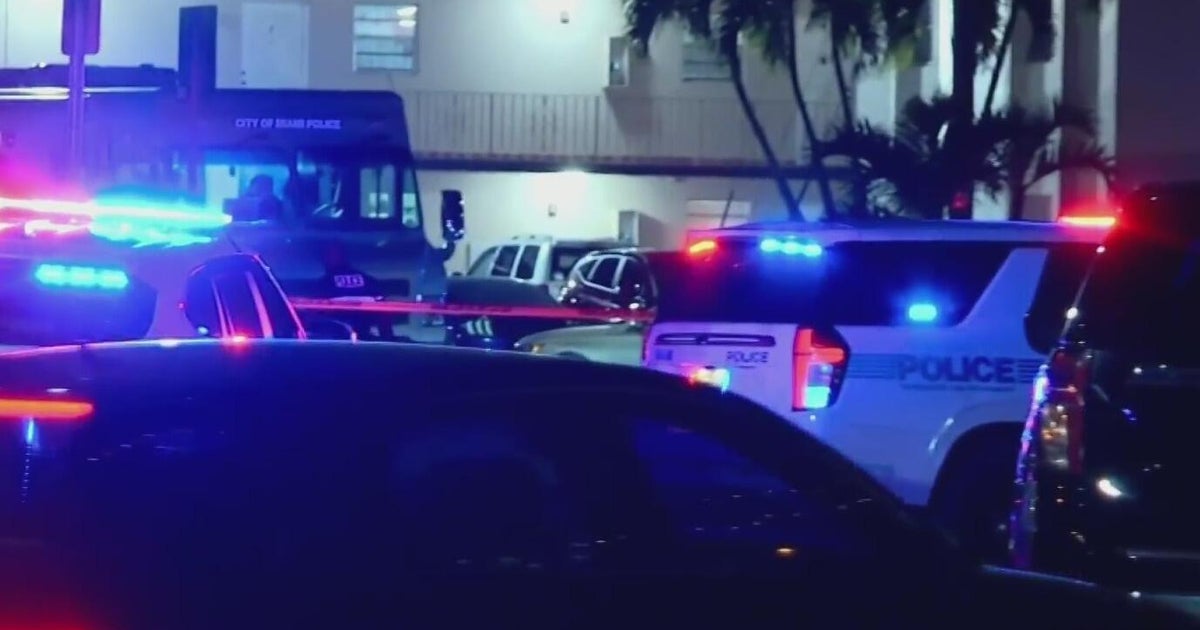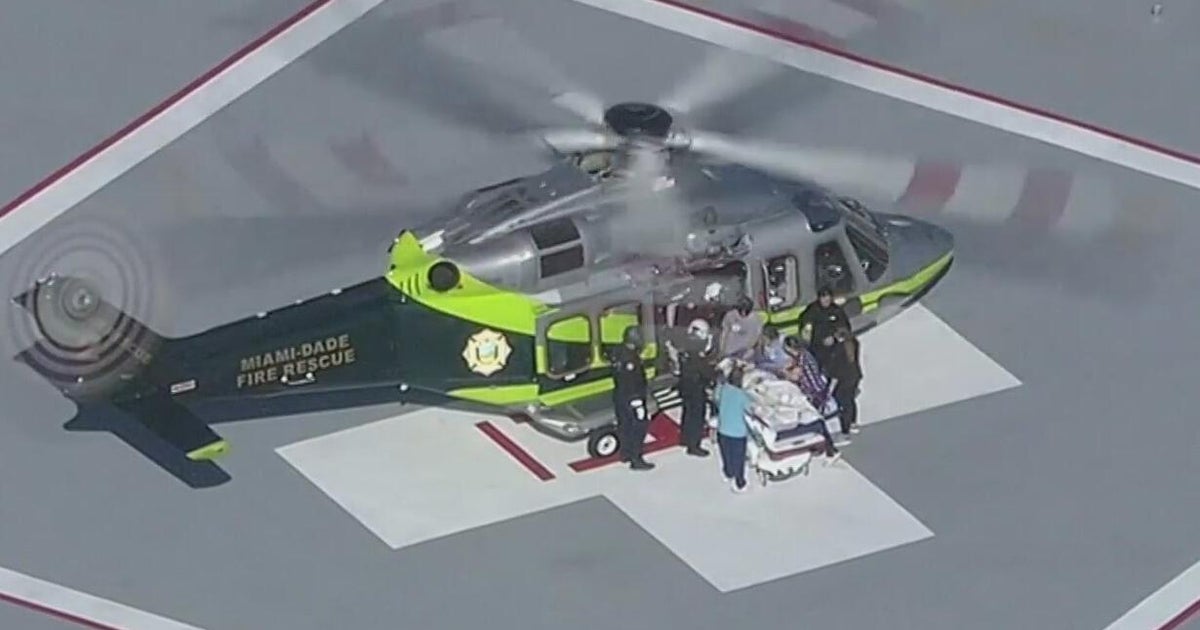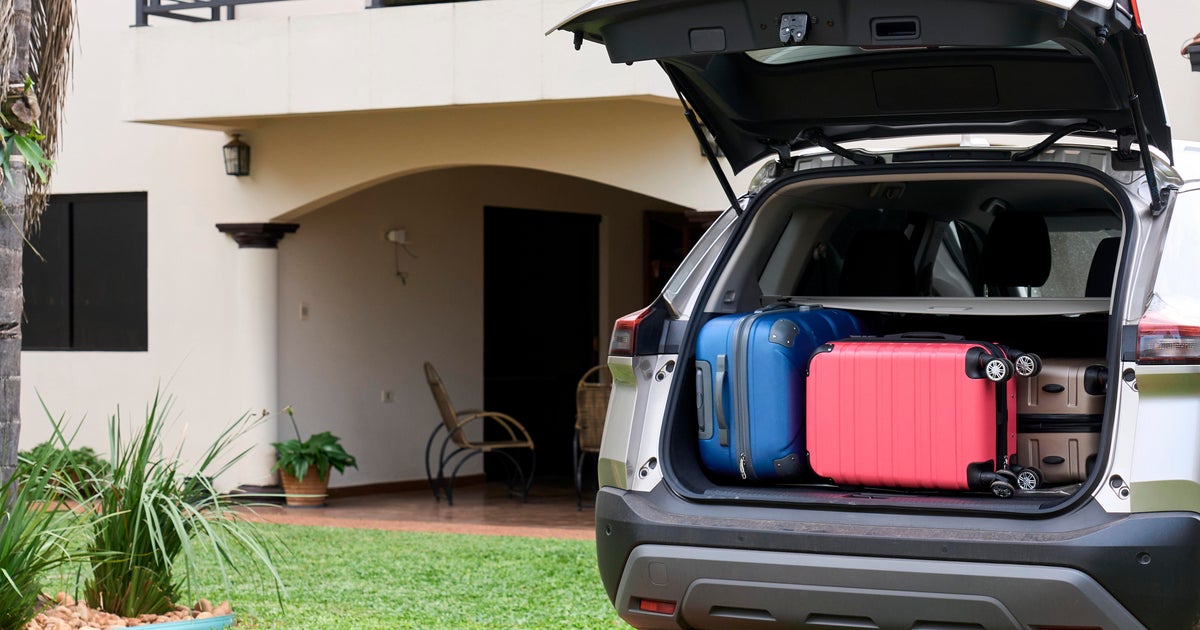MIAMI — The U.S. Department of Agriculture (USDA) has cited the Miami Seaquarium for alleged inadequate animal treatment and staffing challenges, triggering annoyance for several Miamians.
The 5-site report, which was concluded in July, mentioned that USDA inspectors cited the Miami Seaquarium for numerous violations in the to start with half of 2023, such as inadequate veterinary care, animal handling, facilities, employees and/or attendants, and critical separation.
The report was published a thirty day period just after Miami Seaquarium’s Lolita — a 57-12 months-aged orca — died in captivity owing to aged age and various persistent diseases.
Insufficient veterinary care
According to the USDA, Miami Seaquarium “failed to identify veterinary authority” when Elelo the Pacific white-sided dolphin was handled for “international system ingestion” before this yr.
On January 3, following Elelo went less than therapy for overseas overall body ingestion, the attending veterinarian (AV) identified that his enclosure was no for a longer period suited for the animal and advised he be transferred to yet another facility. Nevertheless, that transfer failed to happen at the time of inspection, in accordance to the USDA.
Afterwards on July 6, following noting continued foreign overall body ingestion by Elelo, the AV established that Miami Seaquarium did not have the machines to retain the animal in its recent facility and had to undergo a “sizeable amount of maintenance” and that there was a “repeat threat of overseas human body ingestion.” According to the USDA, the AV stated that she contacted the administration to test and expedite the procedure and prepared to relocate Elelo to yet another facility as mentioned previously.
It was also noted by quite a few workers that a recently appointed company dolphin coach was instructing personnel to not contact the AV and undermine her authority, which developed a “incredibly stressful environment,” the USDA mentioned. Moreover, a “Chain of Command” chart was on display inside the trainer’s business that confirmed he was the greatest authority and did not contain the AV.
When questioned about it, the coach informed inspectors he did not report to facility administration but alternatively answered to two company staff. Also, many other staff members arrived at out anonymously but hesitated to give statements mainly because of “fear of retaliation,” the USDA said.
“Failure to ensure that the attending veterinarian has proper authority above the veterinary care of the animals can guide
to pointless stress, soreness, and struggling of the animals,” the report stated. “Each and every supplier and exhibitor shall guarantee that the attending veterinarian has ideal authority to ensure the provisions of adequate veterinary treatment and to oversee the adequacy of other elements of animal treatment and use.”
In accordance to the USDA, Miami Seaquarium failed to present correct equipment and services to guarantee suitable veterinary treatment in a single other occasion.
On July 5, the AV mentioned that the gastroscope was “very outdated” and not doing the job, and encouraged obtaining a new technique. Nevertheless, that ask for was not accredited at the time of the report. Moreover, Miami Seaquarium reportedly does not personal any scales, so at least a few adult manatees held at the facility have not been weighed in above five decades, the USDA mentioned.
“Correctly functioning devices is necessary for diagnosing, managing and preserving the wellbeing of the animal,” the report said. “Accurate weights are necessary for dosing drugs and offering sufficient schedule treatment.”
Animal managing
On March 19, a customer of Miami Seaquarium was bitten on the hand by Gemini the dolphin at Dolphin Harbor during a satisfy-and-greet event with an additional dolphin in the facility.
According to the USDA, Gemini broke from station and swam towards a group of guests as they experienced their hands on the water’s area, waiting to touch the other dolphin as they swam by. As trainers instructed guests to take away their palms, Gemini “popped up and grabbed” a girl’s hand. The woman pulled her hand out of the h2o with Gemini continue to keeping on to her. Gemini did inevitably let go of her hand but stayed in entrance of the company as they stood up.
“Inadequate dealing with or management of animals in the course of public interactions can guide to injury of the general public and the animals,” the USDA stated. “All through public exhibition, any animal ought to be managed so there is minimal hazard of damage to the animal and to the general public.”
Amenities
According to the USDA, Miami Seaquarium failed to preserve two distinct maritime animal enclosures.
The to start with of which was Elelo’s enclosure, which led the dolphin to ingest a number of objects, like a plastic zip-tie, a broken piece of plastic and what was described to be a “significant piece of cement, which ended up all uncovered all through his January 3 gastroscopy. In accordance to the USDA, the zip-tie was utilized to secure pool fencing, the plastic was possible from a goal pole and divers mentioned that the bottom of the pool had a layer of “broken, flaking cement.”
Throughout the 2nd process on July 5, Elelo was made to regurgitate “sand and glass filtration media,” according to the USDA.
“Enclosures that drop into states of disrepair may well no longer be capable to safely and securely contain the animals and could generate foreign material which could be ingested and grow to be injurious to the animals,” the report said. “Indoor and out of doors housing services for marine mammals should be structurally audio and ought to be maintained in good repair to secure the animals from injury.”
Meanwhile, Miami Seaquarium was noted to have unsuccessful to supply temperature and daylight safety for one of its manatee enclosures. In accordance to the USDA, documents indicated that the overhead tarp was taken out for 10 days in March and for an unspecified volume of days in April, which left the housed grownup male manatee devoid of any organic or artificial shade.
“Direct daylight can adversely have an affect on the animal’s wellness, specifically skin and eye well being,” the USDA said. “Organic or artificial shelter shall be delivered for all marine mammals saved outdoors to pay for them security from the weather or from direct daylight.”
According to the report, this citation was corrected at the time of inspection.
Workers or attendants
According to the USDA, Miami Seaquarium also unsuccessful to manage a ample number of properly trained workers.
On March 27, the termination of an associate veterinarian resulted in a solitary human being caring for the facility’s 46 marine animals and “hundreds of birds, fish, sharks and rays” housed by Miami Seaquarium as a result, all regime samples had been put on keep to prioritize non-regimen/unwell animals.
By June 17, three veterinary specialists resigned, leaving only a single person with zero total-time assist employees. At the time of inspection, the USDA pointed out, that only a person of the four offered positions was stuffed and two affiliate veterinarian positions remained open up, continuing the prioritization of ill and urgent conditions right until supplemental staff members could be received.
“Inadequate staffing can result in poor husbandry techniques and the inability of the veterinary staff to present routine treatment
and routine maintenance of the animals,” the USDA said.
“A sufficient quantity of sufficiently experienced staff members or attendants, liable to management and doing work in concert with the attending veterinarian, have to be used to keep the approved level of husbandry procedures,” the report additional.
Significant separation
On February 27, a CT scan carried out on Bimini — a 23-yr-aged feminine dolphin — uncovered that she experienced numerous rib fractures in various stages of therapeutic. In accordance to the USDA, these accidents were incidental results and decided to be possible brought on by “conspecific aggression.” As soon as Miami Seaquarium figured out of the injuries, it placed Bimini in a safer group.
On the other hand, the USDA observed that housing incompatible animals jointly can negatively effect their well being and welfare, and may perhaps lead to major injury or even demise.
“Marine mammals will have to not be housed in the exact same enclosure nor be housed close to other animals that trigger them unreasonable strain, pain or interfere with their good health,” the USDA stated.
Meanwhile, Romeo — an adult male manatee — experienced been housed by yourself in his enclosure due to the fact the a few other manatees he was residing with were released back into the wild in the spring. According to the USDA, manatees are semi-social animals and do improved medically and psychologically when they are housed in pairs or groups. Nevertheless, despite numerous attempts to get another manatee, Miami Seaquarium did not meet the needs to do so.
CBS 4
“Marine mammals, when acknowledged to be largely social in the wild, ought to be housed in their key enclosure with at the very least one suitable animal of the identical or biologically associated species,” the USDA stated.
The USDA’s report has angered lots of in the community, including neighborhood leaders and animal rights activists. Considering the fact that the release of this report, Folks for the Ethical Treatment method of Animals (PETA) has urged county officials to shut down the Miami Seaquarium and has acquired practically 24,000 supporters of its petition.
And this is not the initial time that the USDA has designed troubling conclusions at the facility. Back in Oct 22, Miami-Dade County Mayor Daniella Levine Cava issued a plan for action right after the USDA observed that dolphins had been currently being underfed at Miami Seaquarium, calling the report “deeply disturbing.”

